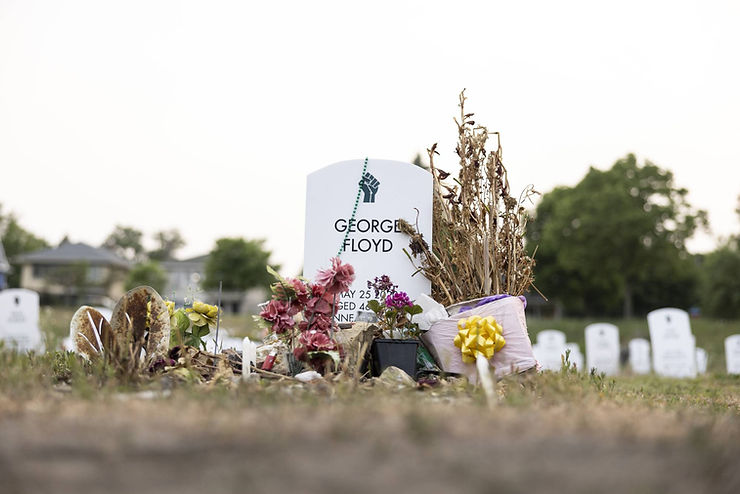By: Teresa Gong
Three years have passed since the murder of George Floyd by a Minneapolis police officer, a turning point that stirred widespread protest against police brutality and racial injustice. The damage done to Minneapolis is very much ongoing, though. On Friday, the Department of Justice released a report that exposes issues of gun violence and racism within the Minneapolis Police Department, which left the city in a state of shock, rage, and fresh trauma.
“There are probably a lot of people reading this report, especially people who live in Black and brown communities, who are saying, ‘This is terrible, but it’s not news to me,’” Senator Tina Smith said in a New York Times interview. “I think there probably are also people who live in more affluent parts of the city who may be surprised to see how pervasive the violations have been.”
The Department of Justice report, released three years after Floyd’s murder, reveals a culture rife with wrongdoing, prejudice, and poor leadership. The department was infamous for its use of excessive force, targeting of Black and Native American people, and repression of the rights of protestors and journalists’ rights. While the report sought to explain the problems that led to Floyd’s death, it has not been able to provide Minneapolis with closure. Instead, the relationship between the communities and law enforcement have become more strained and difficult to resolve.
The distrust and trauma caused by these events and the historical mistreatment of marginalized communities have led individuals like T.J. Johnson to lose faith in the police and seek alternative guarantees of safety, such as applying for gun permits. Mr. Johnson’s decision to carry a gun reflects a growing sentiment of mistrust toward the police and the belief that the department is beyond reform.
Minneapolis police officers themselves are also affected by the report. The department has lost more than 300 officers since Floyd was murdered, and those who remain express low morale and exhaustion due to patrolling under suspicion. While some officers welcome calls for sweeping changes, some feel frustrated at being labeled racist and believe that most incidents involve former officers who have left the force.
“The cops are tired of being called racist,” said Sgt. Andrew Schroeder, who works in the department’s firearms unit and has been an officer in Minneapolis since 2014. “The cops who are still here in the department are good officers, they want to do a good job and legitimately want to make the community better.”
Commander Wilks and other officers who remain on the force express their dedication to serving the community, underlining the difficult position they find themselves in and the toll recent years have taken on them. Despite the challenges, they believe in the potential for the city to recover and heal over time.
“It will be a while,” Wilks said. “An open wound takes time internally for it to heal.”











